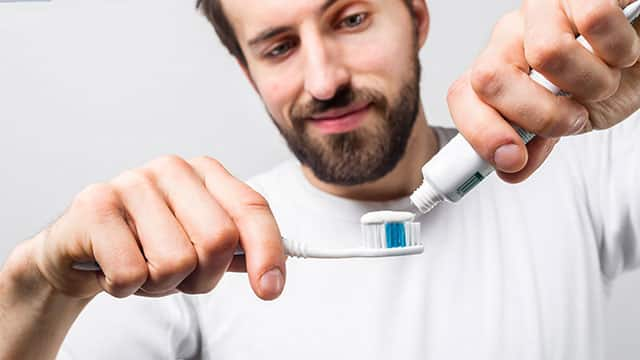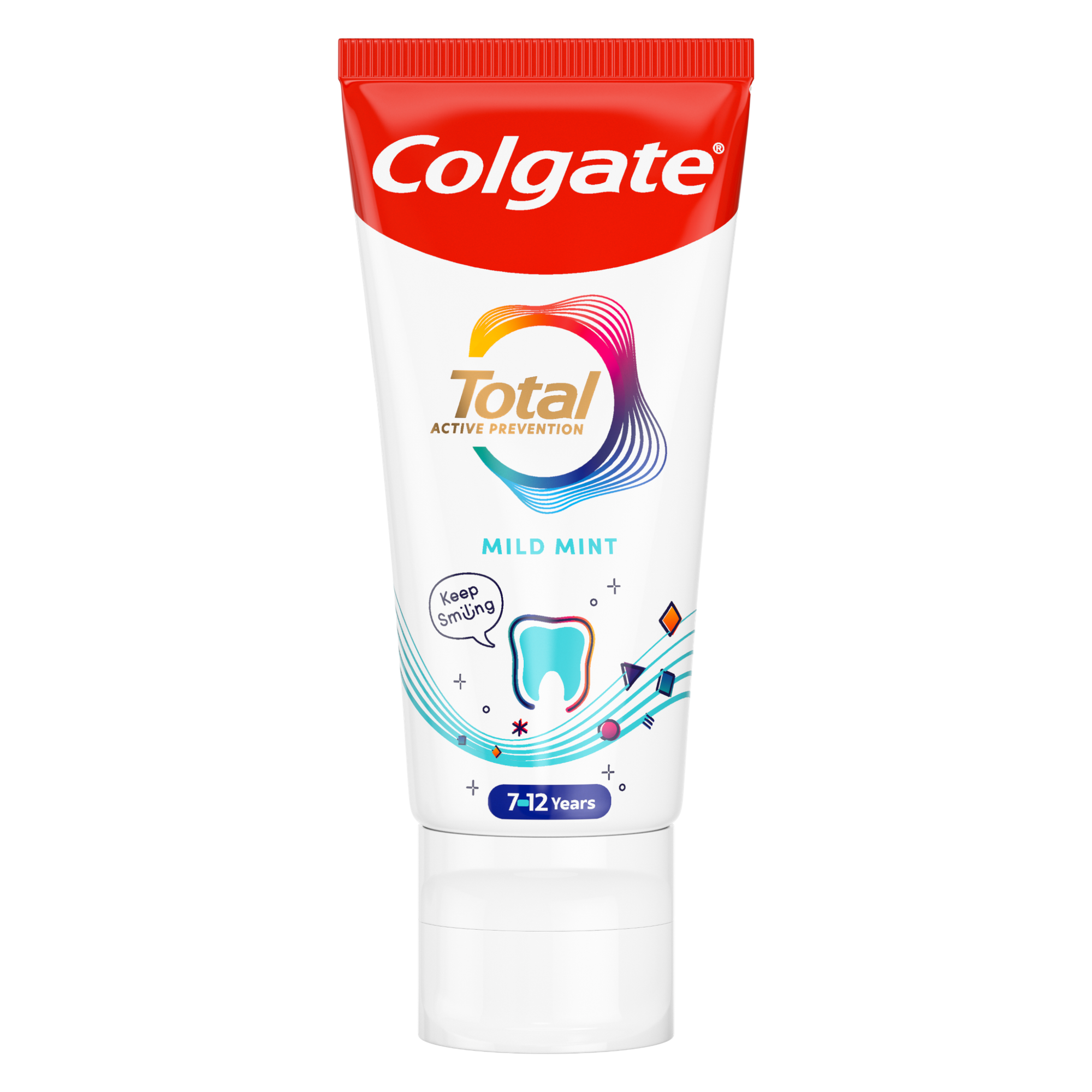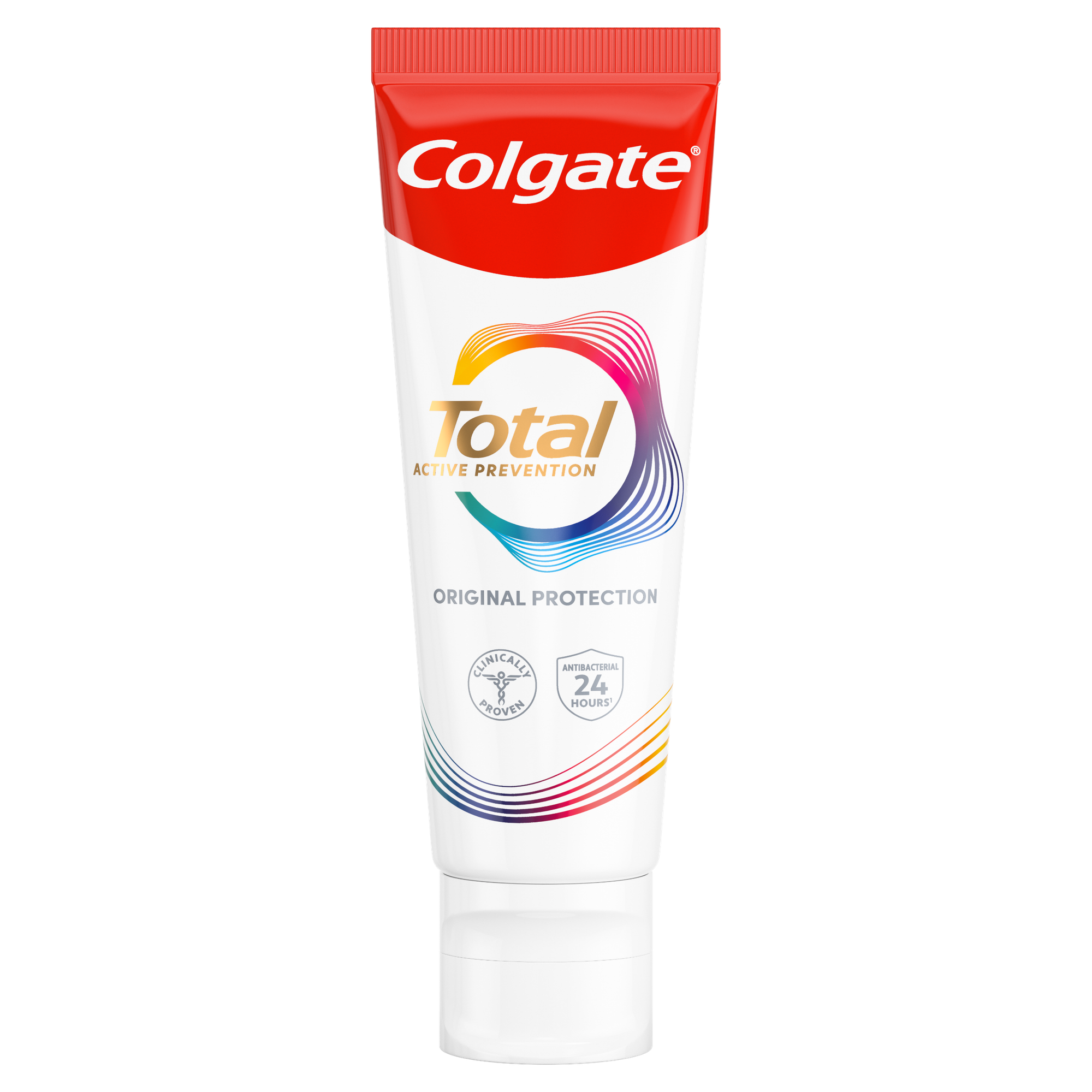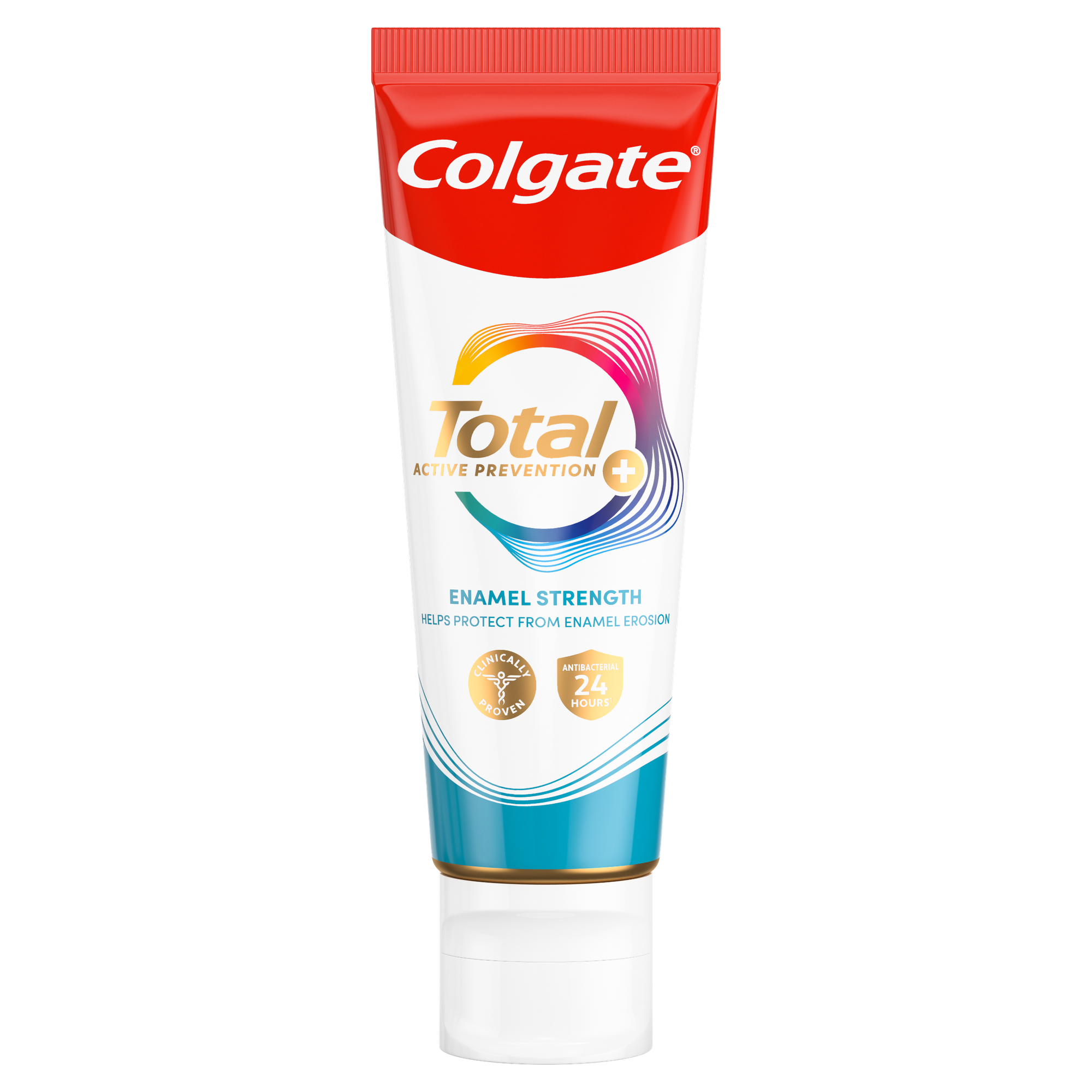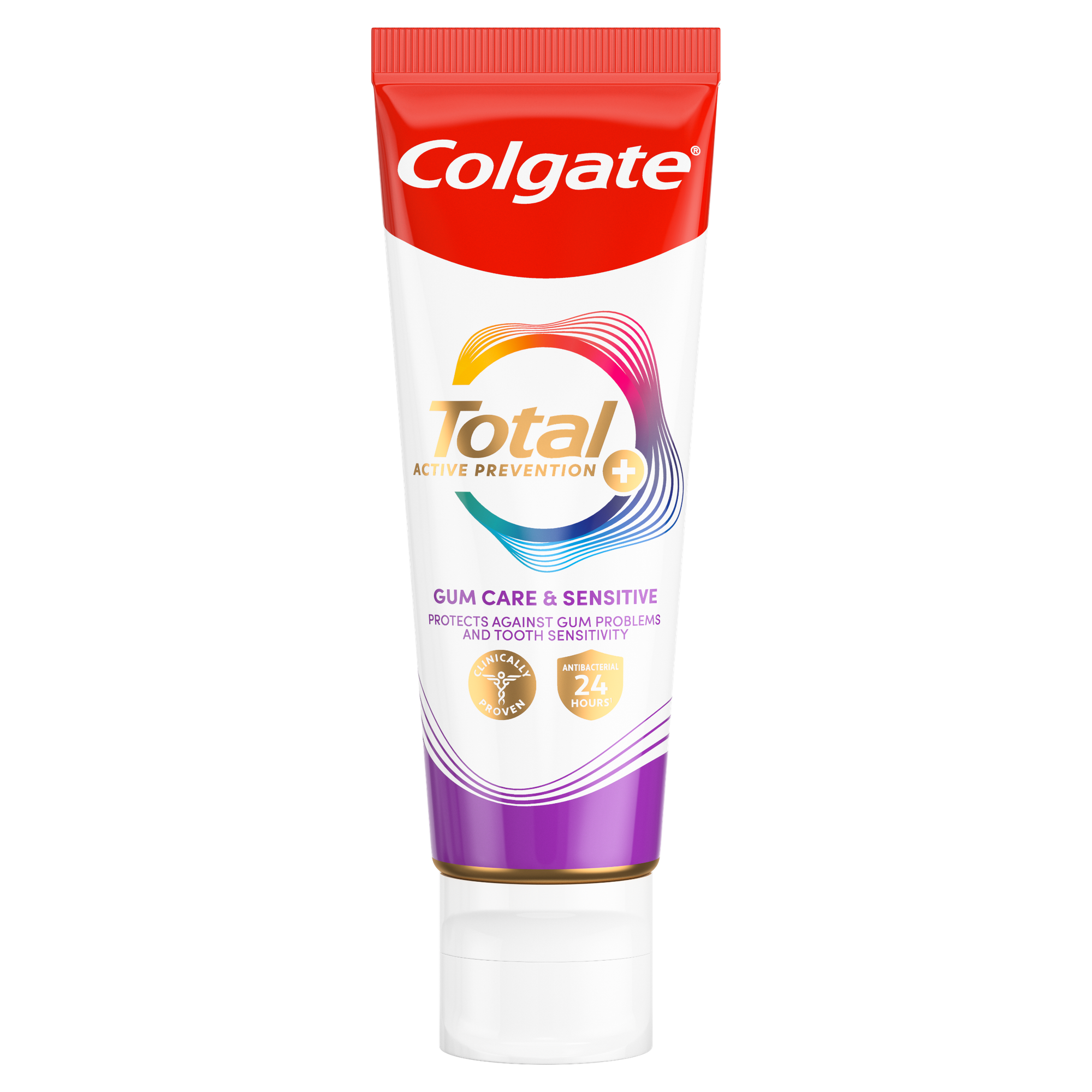Cold Sore Causes
Cold sores (also known as fever blisters) are a common viral infection caused mainly by herpes simplex virus type 1 and, less commonly, the herpes simplex virus type 2. They are highly contagious and are spread through person-to-person contact, such as kissing. They can affect anyone at any age. Some people can have the virus but no symptoms or sores. Other people break out with a blistering painful cold sore. Unfortunately, if you have one cold sore, you’ll more than likely have more. According to NHS inform, a cold sore can occur from triggers such as stress, fatigue, injury to the area, sun exposure, hormones, and illness.
Cold Sore Life Cycle
According to the NHS, there are several stages of a cold sore.
- Tingling and itching around the lips is the first sign you’re getting a cold sore. That lasts for up to 48 hours, followed by a painful spot.
- Blisters that are small and fluid-filled erupt where the painful spot is located.
- The blisters then burst to leave open sores that crust over into a scab.
NI Direct notes that first episodes of cold sores could last for 10 to 14 days, while a recurrence can take 7 to 10 days to heal. If you get cold sores again, they may break out in the same spot. The good news is that recurring cold sores will be less severe than the first one.
Cold Sore Scabs and Scars
Cold sores are not preventable or curable, but you can speed up the healing process and make sure they don’t leave a scar. Ask your doctor, dentist or pharmacist about products that can help reduce some of the pain associated with cold sores. They can recommend medication to help reduce the swelling and pain. According to NHS inform, oral antiviral medication can be prescribed in severe cases to make your cold sore heal faster. An over-the-counter antiviral cream can help as well, but only when applied at the first signs of a cold sore.
How do you get the cold sore scab stage to heal faster? Leave it alone. Do not touch or pick at your cold sore. If you pick the scab, it will only make it deeper, leading to a scar. Also, touching it can cause an infection, which will lead to a longer healing time and possible scarring. You may be wondering if you should keep a cold sore scab dry or moist? Well, the British Association of Dermatologists recommends moisturising your lip and scab area with a greasy cream to help with healing.
Cold sores happen to the best of us. When you feel one coming on, the wise thing to do is not to irritate it. Use over-the-counter products and pain relievers to help with the swelling and pain, or talk to your doctor about a prescription treatment. Try and keep your fingers away from it to reduce the chances of scarring. Cold sores are a nuisance but don’t let them bring you down.
ORAL HEALTH QUIZ
What's behind your smile?
Take our Oral Health assessment to get the most from your oral care routine
ORAL HEALTH QUIZ
What's behind your smile?
Take our Oral Health assessment to get the most from your oral care routine








